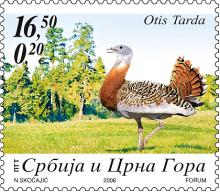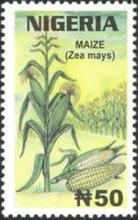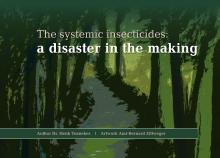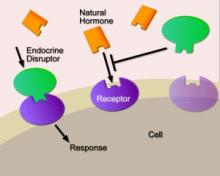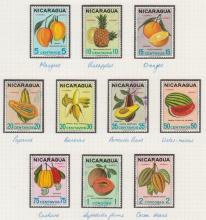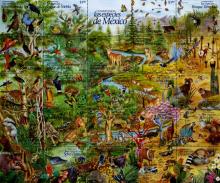Agricultural intensification caused steep population decline of the Great Bustard in Iran
The current distribution and recent population trends of the Great Bustard ( Otis tarda ) in Iran were investigated based on a literature review and unpublished data (1995–2008) followed by three years of census (2009–2011) in areas where the species is still breeding. Results suggest that Great Bustards have disappeared from a large part of their former distribution in the country, including East Azarbayjan, Hamedan and Kurdistan provinces. The surviving groups are concentrated in West Azarbayjan where numbers are rapidly declining.

